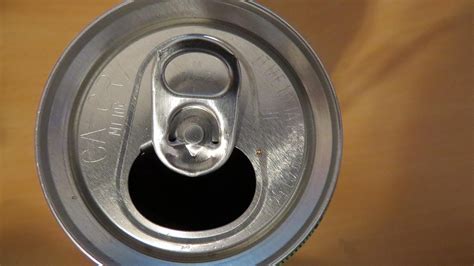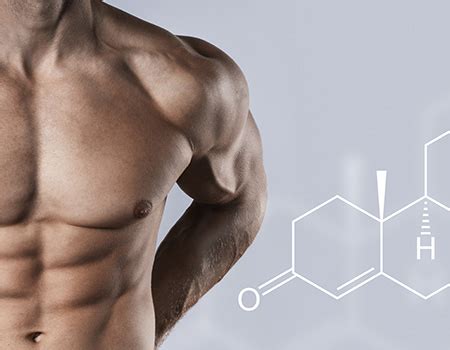How can men naturally boost testosterone for peak performance?

Testosterone, the primary male sex hormone, plays a pivotal role in men’s health, influencing everything from muscle mass and bone density to mood, energy levels, and libido. While synthetic solutions exist, many men seek natural ways to optimize their testosterone for enhanced performance and overall well-being. The good news is that lifestyle modifications and dietary choices can significantly impact your body’s natural hormone production.
The Foundation: Diet and Nutrition for Hormonal Balance
What you eat directly impacts your hormonal health. A diet rich in specific nutrients can support testosterone production. Prioritize healthy fats, such as those found in avocados, nuts, seeds, and olive oil, as cholesterol is a precursor to testosterone. Adequate protein intake is crucial for muscle synthesis and overall health, while complex carbohydrates provide sustained energy.
Key micronutrients like Zinc and Vitamin D are particularly vital. Zinc is involved in various enzymatic processes, including testosterone synthesis, and can be found in oysters, red meat, and beans. Vitamin D, often called the ‘sunshine vitamin,’ functions as a steroid hormone in the body and has been linked to higher testosterone levels. Incorporate cruciferous vegetables like broccoli and cauliflower, which contain compounds that help the body manage estrogen levels, indirectly supporting a healthy testosterone balance.

Move Your Body: Exercise Strategies for Enhanced T
Physical activity is a powerful natural testosterone booster. However, not all exercise is created equal. High-intensity interval training (HIIT) and strength training, particularly compound movements like squats, deadlifts, bench presses, and rows, are most effective. These exercises engage multiple muscle groups, stimulating a significant hormonal response.
Aim for consistent, challenging workouts three to four times a week. Avoid chronic, excessive endurance training, which can sometimes lead to an increase in cortisol (the stress hormone) and a subsequent decrease in testosterone. The key is to challenge your body sufficiently to promote growth and recovery without overtraining.
Recharge and Recover: The Power of Quality Sleep
Sleep is not merely rest; it’s a critical period for hormonal regulation and cellular repair. Lack of adequate, high-quality sleep can significantly depress testosterone levels. Studies have shown that even a week of restricted sleep can reduce testosterone levels by 10-15% in healthy young men. Aim for 7-9 hours of uninterrupted sleep per night. Establish a consistent sleep schedule, create a dark, cool, and quiet sleep environment, and limit screen time before bed to optimize your body’s natural hormone production cycles.

Tame the Tension: Stress Management for Optimal Hormones
Chronic stress is a silent killer of testosterone. When you’re under stress, your body releases cortisol, which directly interferes with testosterone production. Prolonged elevated cortisol levels can lead to a host of health problems, including reduced libido, increased fat storage, and decreased muscle mass.
Implementing effective stress management techniques is crucial. Practices like meditation, mindfulness, deep breathing exercises, yoga, spending time in nature, or engaging in hobbies you enjoy can significantly reduce stress levels. Prioritizing mental well-being is just as important as physical health in optimizing testosterone.

Lifestyle Tweaks and Targeted Natural Supplements
Beyond diet, exercise, and sleep, other lifestyle factors play a role. Limiting alcohol intake, avoiding endocrine-disrupting chemicals found in plastics and personal care products, and maintaining a healthy body weight can all contribute to better testosterone levels. Excessive body fat, particularly around the abdomen, can lead to increased estrogen conversion, further lowering testosterone.
While a whole-food diet should be the primary focus, certain natural supplements can offer support. These include: Zinc and Vitamin D (as mentioned, if levels are deficient), Ashwagandha (an adaptogenic herb known to reduce cortisol and improve testosterone in some studies), Fenugreek (which may help with libido and free testosterone), and D-Aspartic Acid. Always consult with a healthcare professional before starting any new supplement regimen to ensure it’s appropriate for your individual health needs.

Boosting testosterone naturally is not a quick fix but a holistic commitment to a healthier lifestyle. By consistently focusing on a nutrient-dense diet, effective exercise, adequate sleep, stress reduction, and smart lifestyle choices, men can empower their bodies to optimize testosterone production, leading to improved performance, vitality, and overall well-being. Embrace these natural strategies to unlock your peak potential.









